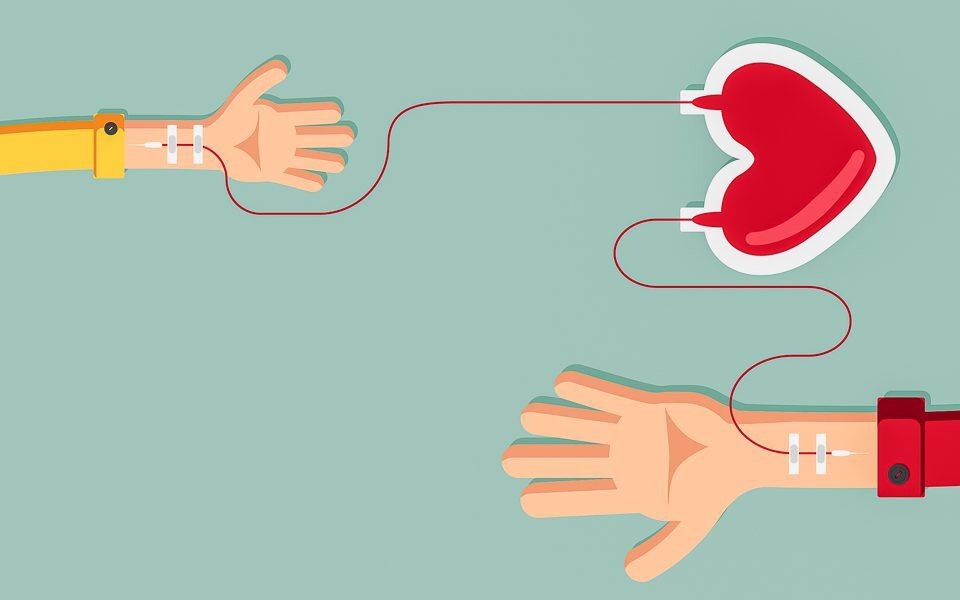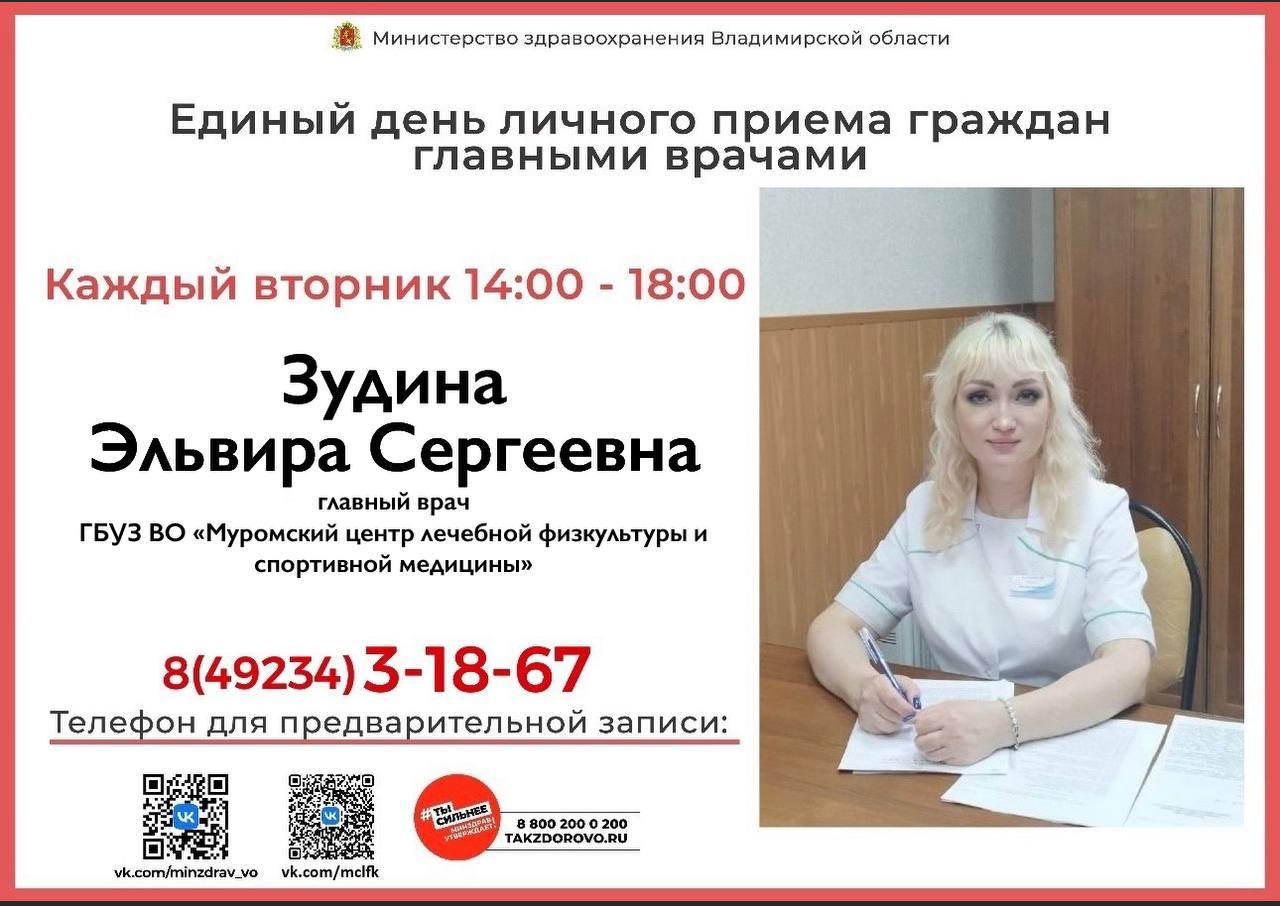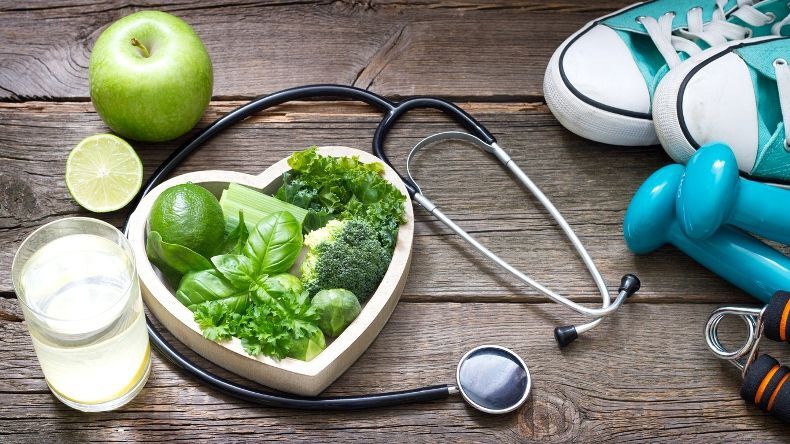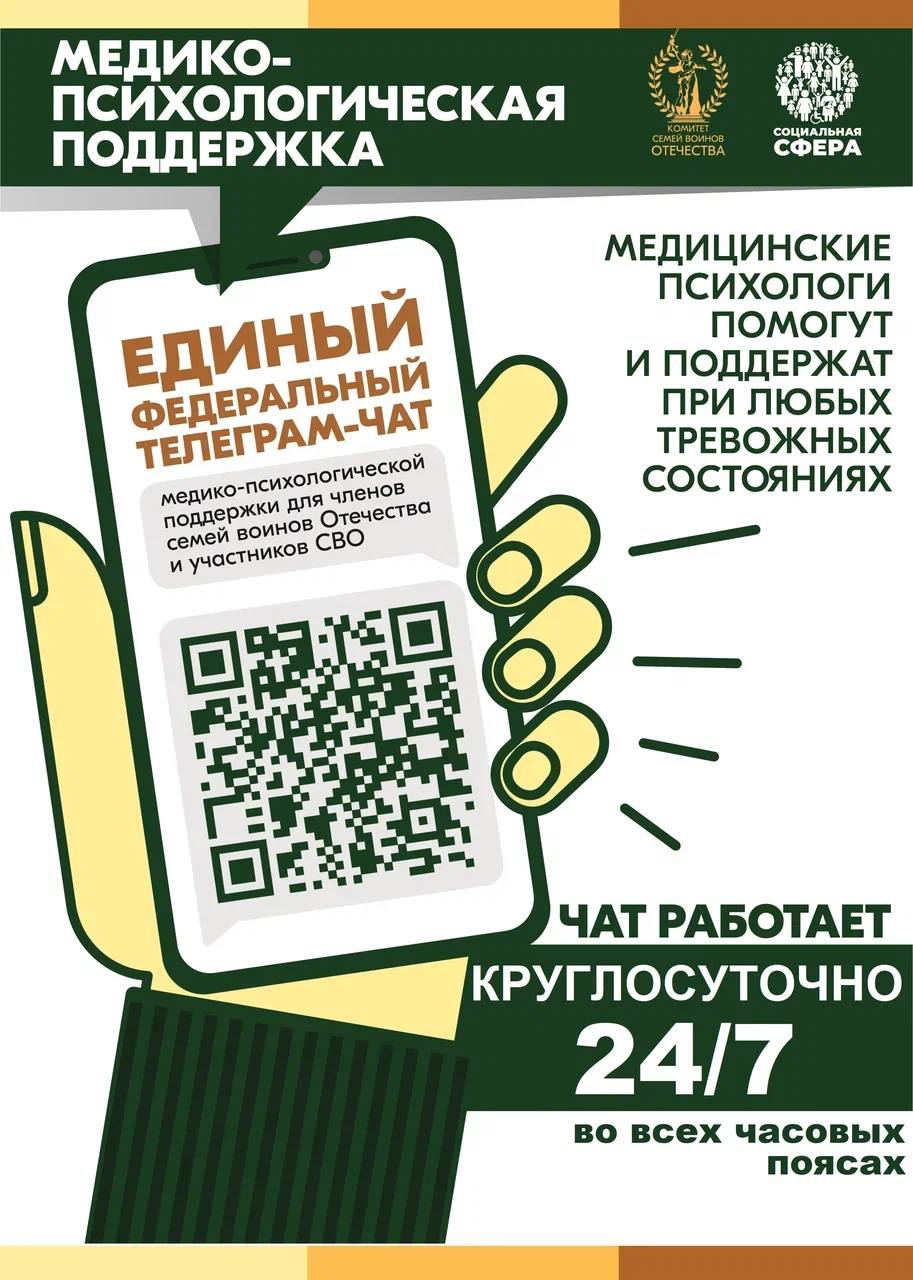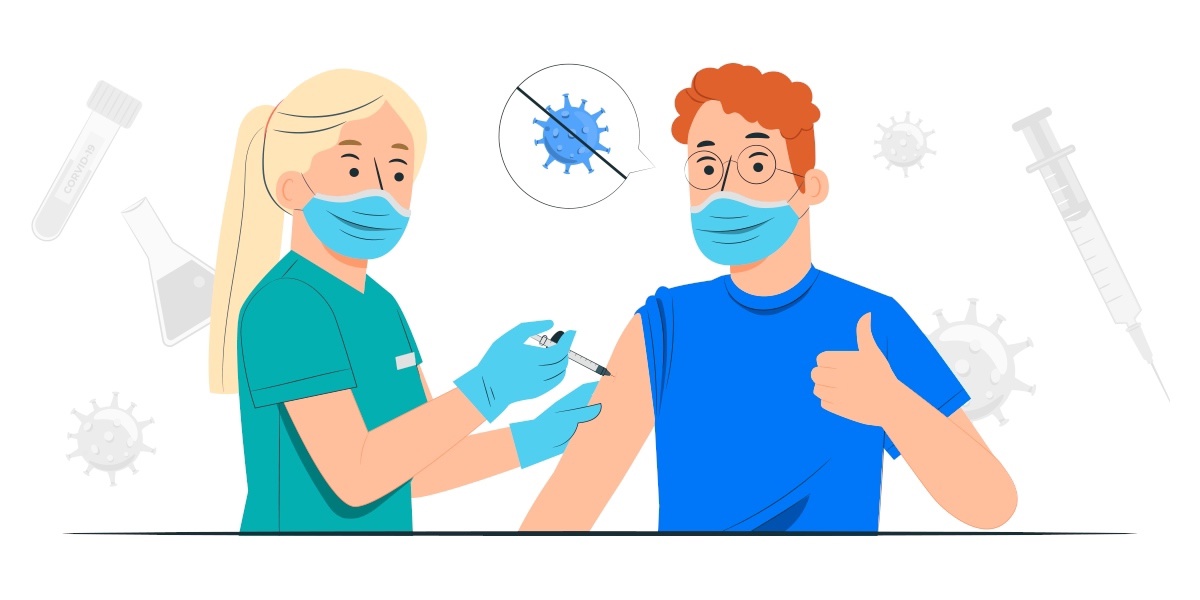Blood donor (from lat. donare — "give") and (or) its components — voluntary surrender of blood by donors, as well as activities aimed at organizing and ensuring the safety of the preparation of blood and its components.
Blood taken from the donor (donor blood) is used in research and educational purposes; in the production of blood components, medicines and medical products. Clinical use of donor blood is associated with transfusion (transfusion) for therapeutic purposes and creation of donor blood reserves.
Scientific research and practical observations proved that blood delivery in the volume of up to 500 ML is harmless and safe for human health.
- Periodic blood donations have a favorable stimulating effect on the donor body.
How to prepare for donation:
1. On the Eve and day of delivery of blood is prohibited to consume fat, fried, sharp and smoked food, sausages, as well as meat, fish and dairy products, eggs and butter (including vegetable), chocolate, nuts and Phoenicians, avocado, beet, bananas, bananas;
2. It is better to drink sweet tea with cooking, juices, morsa, compot, mineral water and eat bread, dry, drying, boiled cereals, pasta on water without oil, vegetables and fruits, except avocado, beets, bananas;
3. 48 hours before the visit to the blood service, you cannot use alcohol, and 72 hours — take medicines containing aspirin and analgesics;
4. An hour before the donation procedure should refrain from smoking;
5. The best thing to blood loss is to react to the morning hours. The earlier the donation occurs, the easier this procedure is transferred. After 12:00, only regular donors are recommended to pass blood;
6. Do not plan the donation after night duty or sleepless night;
7. Do not plan to pass blood directly before exams, competitions, during especially intense period of work, etc.
There is no full artificial blood substitutes!
To date, the main source of blood components can be only a healthy person who voluntarily gives blood: donor.
